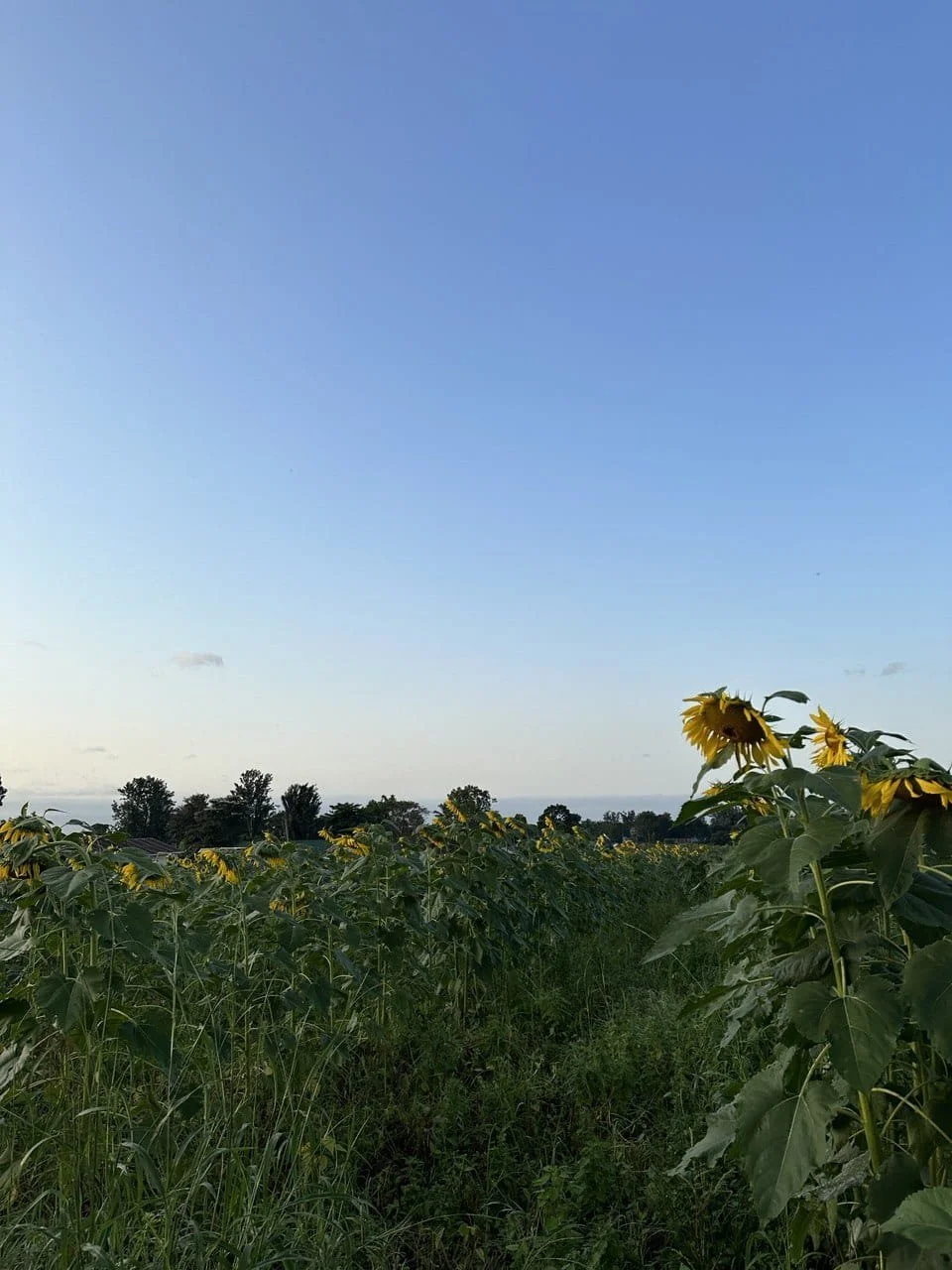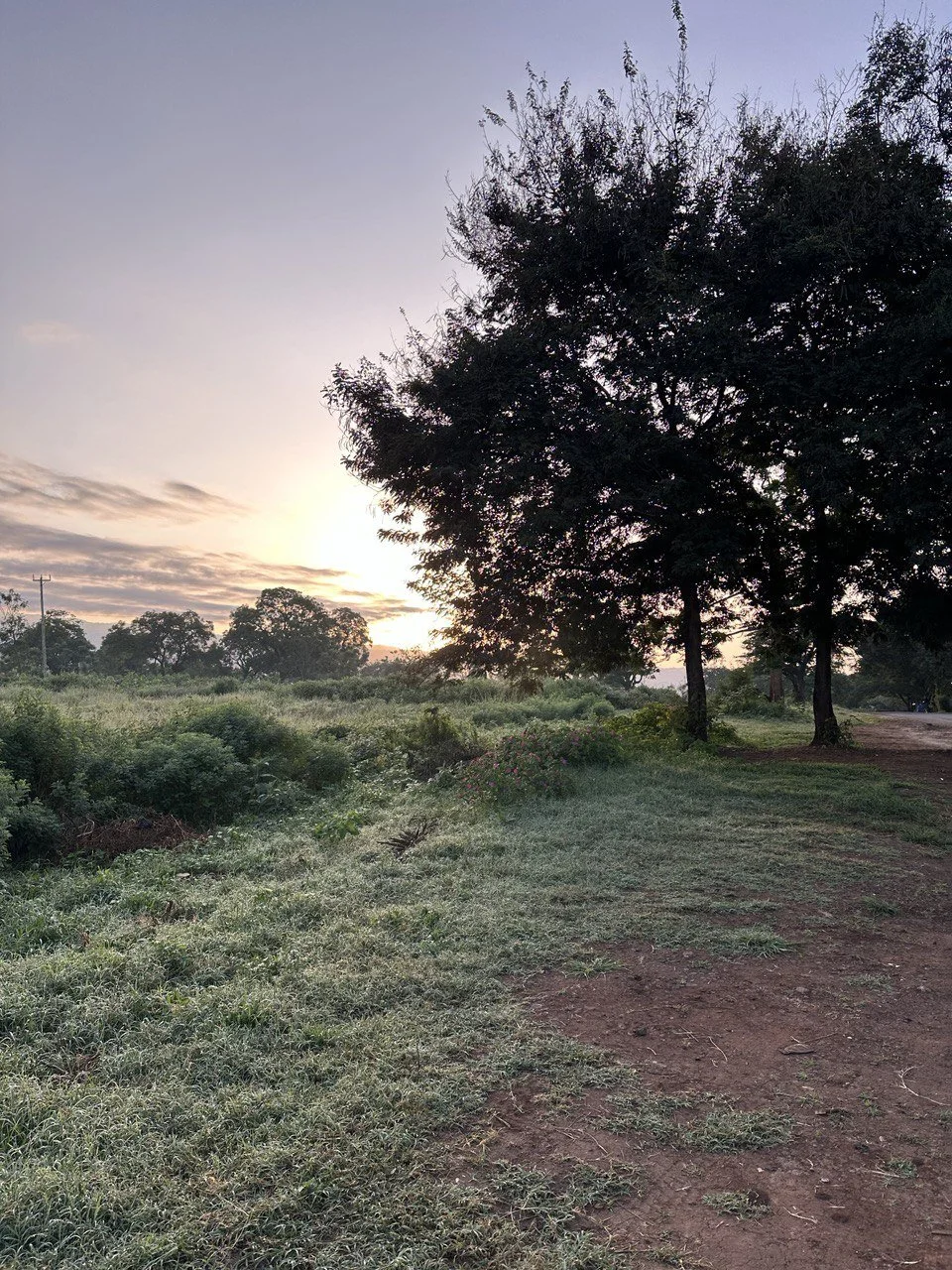Will you trust God even if your child ends up in a school you had never imagined?
“What are you doing?“ I asked myself.
My kids had the chance to study in my alma mater, a highly coveted primary school in Singapore.
But there we were, in a semi-rural town in Tanzania, where our family had sensed God calling us to relocate long-term to, visiting my firstborn’s potential primary school.
As we drove past fields of golden sunflowers and ochre maize fields, I remembered the words of naysayers suggesting we were being irresponsible parents.
“You’re ruining their futures,” they had said.
I took in the cosy brick classrooms, the open-air assembly area under a tin roof, modest wooden tables, hand-painted signs and the simple playground.
But that night, I did not sleep.
Tossing and turning in bed, I asked God: “Lord, we had always prayed for You to show us the school of Your choice for our children. Is this it?”
A heavy burden sat on my chest.
The words of our naysayers swirled in my head – surely, if we changed our minds about missions and returned to Singapore, we still had the chance to enrol our kids into my alma mater.
Torn between schools
“The truth was, I was late in the game.”
The truth was, I was late in the game.
Many of my friends had made plans years ago, moving into neighbourhoods based on their shortlisted schools of choice to increase their chances during the Primary 1 registration balloting process.
But when my firstborn turned six years old, I realised we had no idea where we would enrol her for primary school. I was clueless about the balloting process and had little idea of the education institutional landscape in the vicinity.
Who would have expected that God would also lead us to explore a hospital in Tanzania in a small town, as a place of relocation for missions just before our firstborn would enter Primary 1?
I felt torn. That night, as I tossed and turned in the cool of the African night, a memory surfaced.
I was six, walking into my primary school for the first time, my parents quiet and jittery. A sprawling catacomb of buildings with immaculate facilities, I remember feeling swallowed up by its grandeur.
And if I had that privilege, why was I now depriving my children of that opportunity?
Seeing beyond the visible
But on the same trip in that little Tanzanian town, God gifted us a tremendous privilege.
The school’s co-founders ended up hosting part of our stay, and we discovered first-hand the history of the school and its mission of wanting to improve the quality of education in the area.
As we forged relationships with the teachers and other students, we also caught onto their spirit of generous service and relentless hope.
One day, I felt God ask me: “Can you look beyond what you can see to see what matters more – the invisible?”
With my human eyes, all I could see was the stark comparison between the modest brick-and-grass compound hedged in by sunflowers and the sprawling, state-of-the-art facilities my alma mater boasted.
But then, the second temple in the Bible came to mind (Ezra 3:7-13).
A modest structure built by the Jews who had returned from exile in Babylon under the authority of governor Zerubbabel, it was smaller than the first temple – a far cry from the multi-splendoured architectural masterpiece that Solomon had built.
Yet, it was known throughout history as being the more glorious temple.
“The latter glory of this house will be greater than the former,’ says the LORD of hosts, ‘and in this place I shall give [the ultimate] peace and prosperity,’ declares the LORD of hosts.” (Haggai 2:9)
It had nothing to do with what it boasted or how it looked. It was simply because of its significance – that Jesus Himself walked through it (Luke 19:45-48).
Although the context is different, and temples are not schools, this passage taught me something.
“God can use something modest in a way that is far greater than what we can imagine.”
Truly, God can use something modest in a way that is far greater than what we can imagine.
As I blinked back tears wrestling within, I asked God to renew my heart and eyes.
Days passed and towards the end of our trip, I finally saw the school with new lenses – that it might be a simple structure, but God was calling me to see beyond it.
The children were filled with joy. They were bright and loving. The teachers were enthusiastic, committed and caring.
I realised that I had had the privilege of walking through a modest structure to witness the hand of God and experience His presence in that humble, hope-filled school in Tanzania.
Of course, we had other options: to send our children to boarding school in a neighbouring country or to a fancy international school with liberal values.
Yet, I felt God challenge me.
A different kind of education
What kind of education did I want my kids to grow up with? What defined a “first-class education”?
Did I consider our steps of obedience and faith taken as a family to be a crucial part of our children’s destiny and “success” in their futures?
Did I trust Him enough to know He had considered my children when He called our family into our collective calling together?
Did I trust that I had done due diligence as a parent to explore the best possible options for my children within the will of God?
Or did I see my desires for my children as separate from His, as I pleaded to a distant God for mercy?
Most of all, did I trust that He would provide and curate the one-of-a-kind of education I never had when I was in my “five-star” primary school?
And if He asked me to be hands-on in my children’s education, would I say “yes”?
Today, as our family takes the step of faith to enter the mission field with assurance of His leading, a peace engulfs me.
We are not short-changing our children. Rather, we have the opportunity to discover a different kind of education.
“Our children’s success do not depend solely on their place of education.”
Our children’s success do not depend solely on their place of education. Rather, our children learn some of their most important life skills and spiritual values from the most important people in their lives — God and us.
Truly, a child’s education goes beyond his or her grades, or achievements.
Ultimately, our children’s success lies not in the schools they go to, but in their obedience and yieldingness to God, to live out their purposes according to their God-given gifts and intimacy with Him.
A note of encouragement to parents
Perhaps your child might not have gotten into the “five-star school” of your choice. Your child might be registered in a far more modest school, a “second temple” compared to the grand one you had in mind.
Whatever results you have received for your children’s primary school, my prayer is that you, too, would join me in trusting God that He loves our children far more than we can imagine?
If you find yourself on a path you had not planned for your child to take, would you take heart that God’s plans and purposes can still prevail and are still good?
Can you trust that God’s plans for our children do not play second fiddle to ours? That His plans are better than what our eyes can see?
While we fulfill our due diligence as parents on our end, let us entrust our children’s futures into His hands.
Let us trust Him together.
This article was first published in Salt&Light












